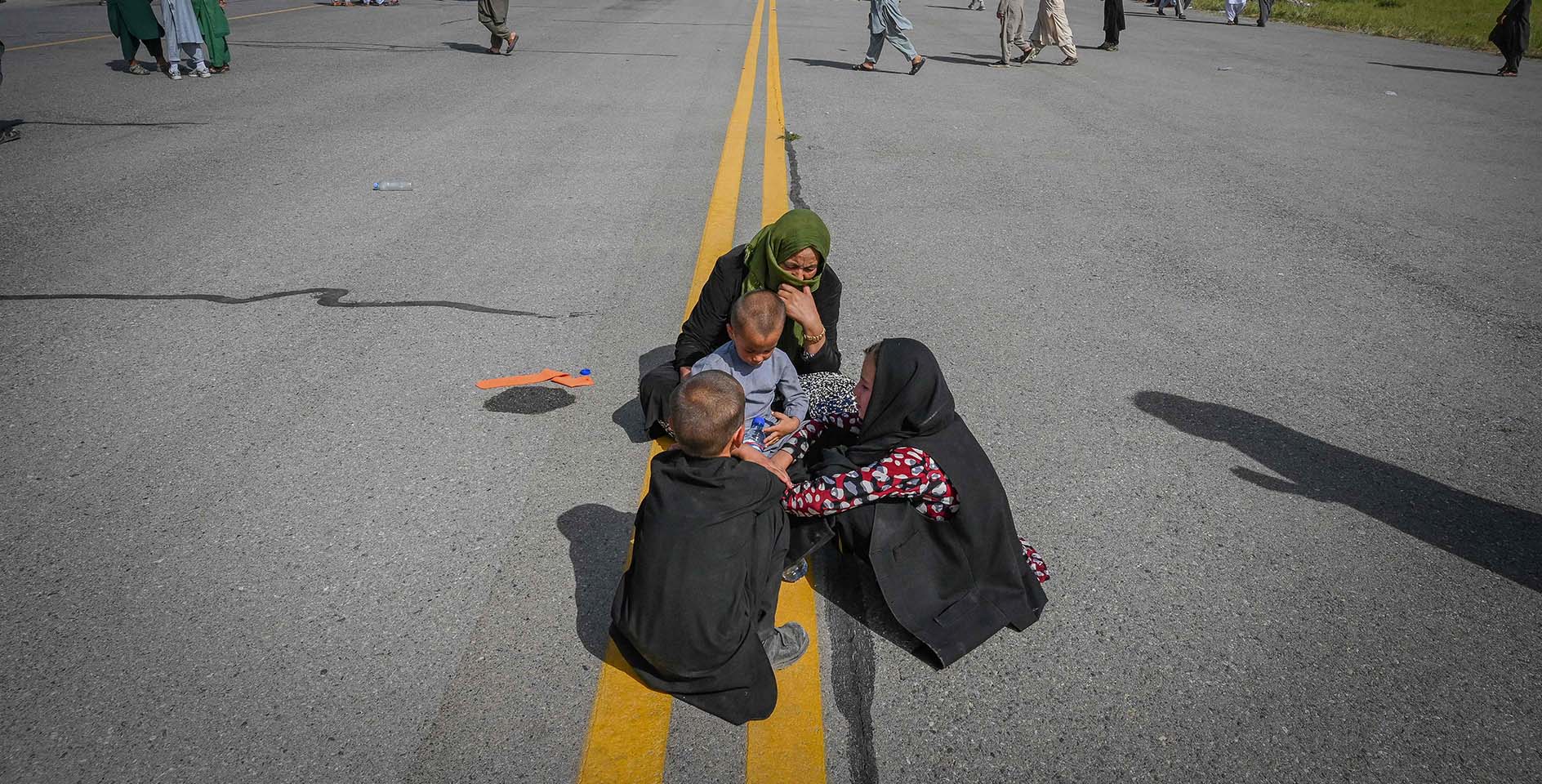The idea of home is a well-worn theme in stories and in movies. For many, home is a place of comfort, safety, familiarity, and respite. Home is never more desirable than when we have been away from it for a long period of time or have dealt with the difficulties of life. For those who have fought bravely for their country, I can only imagine the hope and joy that comes with the thought of going home.
Director Christopher Nolan’s latest film, “Dunkirk,” evokes that kind of longing. It feels entirely authentic. It is truly an impressive feat considering the list of lauded filmmakers who have gone before and tackled the stories of World War II. Steven Spielberg’s “Saving Private Ryan” was certainly authentic in that it showed the blood, guts, and brutality of war. As the story unfolded, we also saw man’s humanity through the quiet moments. What sets “Dunkirk” apart is that there are virtually no quiet moments. Its short runtime is filled with chaos and intensity almost from the very beginning. (Hans Zimmer’s unrelenting, ticking time-bomb score adds much to this feeling.) Boats are torpedoed, bombs are dropped, aerial dog fights happen just overhead, and bullets ricochet and rip through the metal hull of a small ship. Somehow we don’t even see much of the blood and guts. And in what I’m sure was a calculated decision, we never see the enemy. And yet, the noise, the shellings, the fear, and the absolute chaos (all heightened when viewed in 70mm IMAX) are what give it that authentic feeling, a feeling as if you were actually there. Nolan doesn’t cheat it with CGI and special effects either. The practical effects are exquisite. Even the dialogue is often difficult to understand. But that actually turns out to be a strong choice as it works to heighten the frantic nature of the true story.
In May 1940, several hundred thousand Allied troops were trapped on the beaches of Dunkirk in France. Nazi Germany was on the move, and things looked bleak. So the call was put out to civilians to bring in every boat and vessel that could be found in order to cross the English Channel and rescue the troops. The communal effort was truly heroic.
The plot of the film is simple, but the execution, once again, sets it apart as a Christopher Nolan film. One of his strengths is certainly his writing. He has structured the film around three storylines happening on land, sea, and in the air. There are main characters in these storylines, but we never get to know them on any kind of personal level. The individual is not incredibly important to Nolan’s story. Instead, it is the community of men, struggling for survival amidst the chaos of war, that truly anchors the film. And at the heart of every soldier at Dunkirk, is the simple desire to go home.
The story of a retreat/rescue mission during World War II hardly seems like a tale worth telling. Typically we would sweep that part of history under the rug. After all, Dunkirk was not an Allied victory. And yet, despite the death and madness all around, Nolan has found a way to tell it and still end his film on an inspiring note.
No matter how deeply he entrenches us in the horrors of war, we are not without hope. Rescuers are just around the corner. I know and feel that our world is broken, yet I left the theater with hope as well. Even more so, for those who have trusted in Jesus Christ, our hope lies in the thought of one day leaving the madness of this world behind and finally going to our eternal Home.










